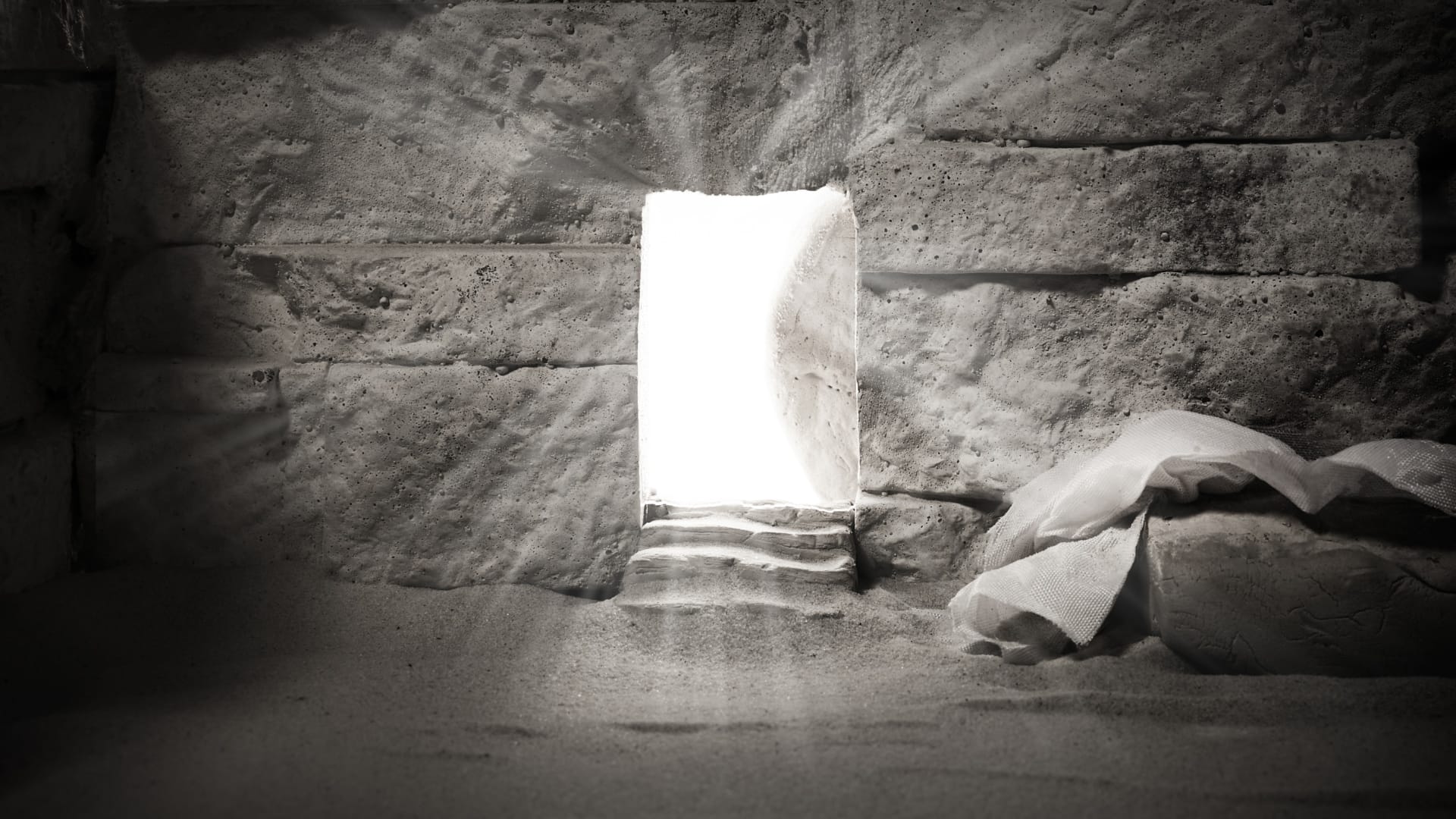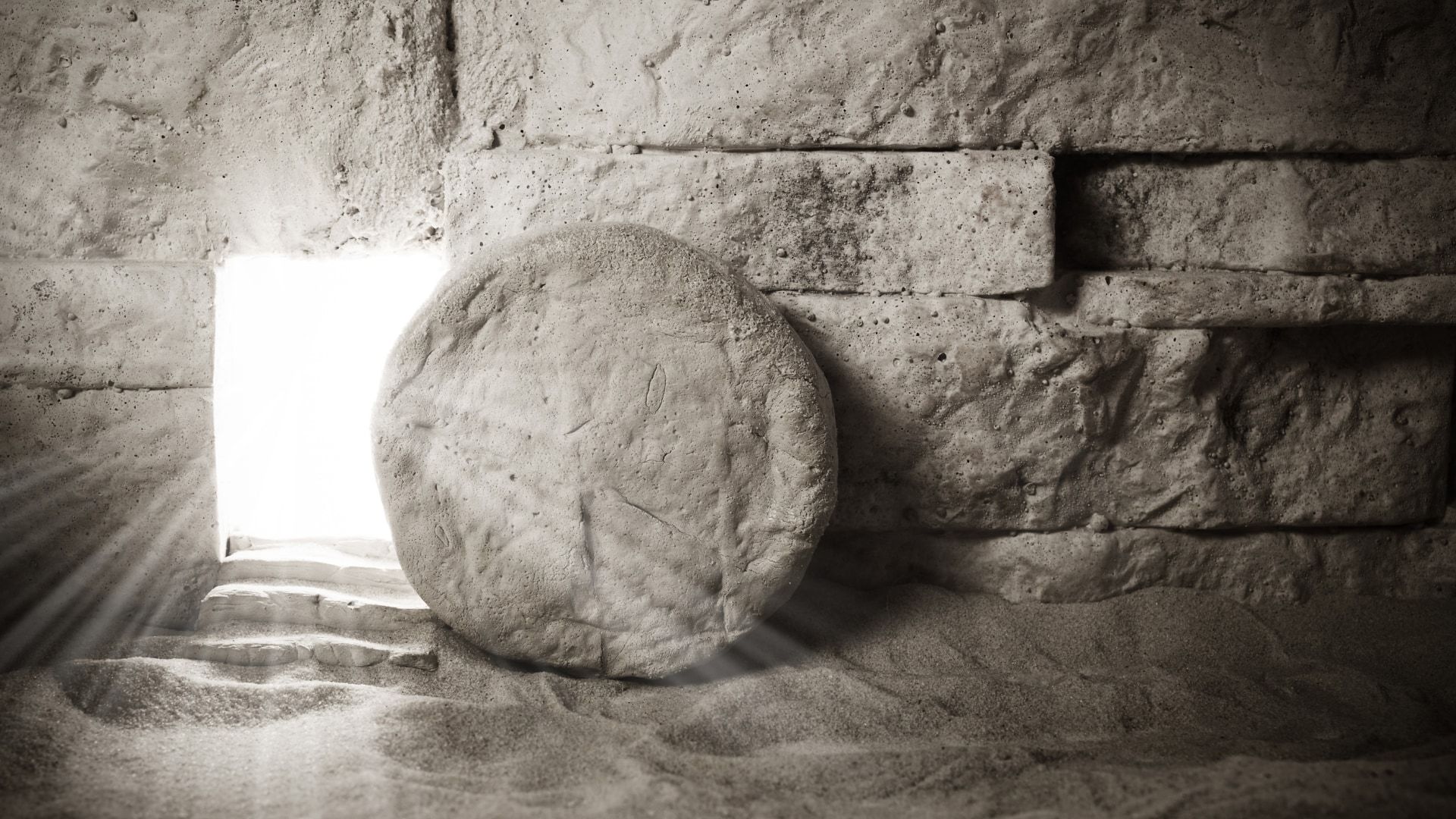How to Grow (Psalm 119:9-16)

Big Idea: If you want to establish a lifestyle that leads you to thrive in God, don’t just read the Bible. Become absorbed with the Bible.
I have a problem, and you may too. I am not who I should be.
- When things don’t go my way, I’m tempted to throw myself a giant pity party.
- When things do go well, I tend to think that I’ve done something to deserve it. Strangely, I don’t seem to think that I deserve it when things go wrong.
- I am prone to irritability when things don’t go my way
- I sometimes bring up events that happened years or decades ago even though I claim to have forgiven them.
And I could go on. There’s some debate about whether the apostle Paul wrote the following words referring to his pre-Christian state or his struggles as a Christian, but there’s no debate about the fact that I can relate to them:
For I know that nothing good dwells in me, that is, in my flesh. For I have the desire to do what is right, but not the ability to carry it out. For I do not do the good I want, but the evil I do not want is what I keep on doing. (Romans 7:18-19)
Can anybody relate? I was relieved when I read a recent book by Jared Wilson, who said:
I take a look at my messed-up soul every day. I feel completely overwhelmed and underequipped. And so I hold on to the gospel. I pour some gospel into my soul. I am good to go another day. I might be crawling through that day or I might be balled up in my bed, unwilling to charge the Valley of Elah that is my life, but the smile of God is over me continually. Day and night his steadfast love sustains me. (The Imperfect Disciple)
Don’t get me wrong. I’m not saying that everything is wrong with me spiritually. I am saying that I’m not as far along as I should be, and that my progress isn’t a straight line. It’s a squiggly line full of all kinds of detours and setbacks.
Are you with me? To make it worse, sometimes it seems like church isn’t a place where we can admit that this is true. Too often we pretend that things are better than they seem. We make all kinds of progress, but we also make all kinds of mistakes, and struggle with all kinds of temptations. We’re not at all clear on what it takes to grow.

What Doesn’t Work
We do know that there are a number of approaches that don’t work, because we’ve tried.
- We can’t just help ourselves. Someone’s said that “Self-help is like sticking your broken hand in the blender, thinking that’ll fix it” (Jared Wilson). Our problems run too deep. We can’t just resolve to do better. We need a better solution.
- We can’t just fill our heads with more information. Don’t get me wrong. We need good theology. We need to know about God. But it’s possible to know and still not change. Our knowledge can actually backfire on us. Again, it’s important that we know the truth, but truth alone doesn’t change.
- We can’t just sign up for a new program or technique. We’ve all been suckers for that new book or program that’s going to change everything. But we don’t need a new approach. As we’re going to see, we actually need an old approach, one that must be continually rediscovered and reapplied.
- We certainly don’t need just behavioral modification. This goal is far too small. God doesn’t only want you to change your behavior. He wants to change your heart.
So many of our approaches to change don’t go deep enough. I agree with Bono, the lead singer of U2, who said:
Your nature is a hard thing to change; it takes time…. I have heard of people who have life-changing, miraculous turnarounds, people set free from addiction after a single prayer, relationships saved where both parties "let go, and let God." But it was not like that for me. For all that "I was lost, I am found," it is probably more accurate to say, "I was really lost. I'm a little less so at the moment." And then a little less and a little less again. That to me is the spiritual life. The slow reworking and rebooting the computer at regular intervals, reading the small print of the service manual. It has slowly rebuilt me in a better image. It has taken years, though, and it is not over yet.
Since all these approaches to change don’t work, then let’s take a look at what the Bible says will create the change that we’re looking for.
A Great Question
They say that most of the key to finding a good answer is asking the right question. “Good questions trump easy answers.” So it’s worth looking at the question that the psalmist asks in Psalm 119. He asks it in verse 9: “How can a young man keep his way pure?”
The word way is pathway. The psalmist is referring to a lifestyle. He’s really asking how a young man can establish a lifestyle that’s consistent with God’s teachings. It’s more than just behavior modification. He’s talking about deep change, change that’s enough to put someone on the right path for life.
I love that the psalmist refers to a young man. I don’t think there’s an age in which it’s easy to follow God with a pure heart, but if there is, young adulthood isn’t one of them.
I’m no longer qualified to speak with authority on the temptations of youth. I gave that up long ago. So I asked some people who are there to tell me about some of the temptations of young adulthood, and this is what I heard:
- pride — especially in this day and age with social media, most people just want to show off or present themselves as a certain way that may or may not be aligned with the truth
- sexual temptations
- drugs, particularly marijuana
- spending hours on end to catch up with TV shows to stay relevant
- coveting the next best technology
- coveting the next life-changing trip
- stress
- keeping/staying busy
- people telling you to go with what feels right
- not being present – “Facebook, text messages, emails, Linkedin, Instagram, etc. etc. The alerts come in nonstop, so if I don’t carve out time, I can literally spend the whole day on my phone”
- fitting in – of pursuing society’s definitions of what is acceptable and worthy of praise accepted by my peers. “Rather than loving my friends, seeing them as fellow souls in need of grace through the Gospel, I am tempted to use them to build up my own reputation and gain the approval I crave.”
- just going with the flow even if it goes against our beliefs
- love — I'll lower my standards for love because it's the best (or so I believe) I can get, rather than trusting God for the right person. Or I'll cheapen myself in order to appeal to those types of men.
- food — when I'm nervous, it'll numb some of the anxiety.
- drinking — it's just something people do every weekend. Kind of like going to the movies. But way more expensive.
- materialism/"proof of success”/status and wealth — getting caught up in the identity of the job, salary, and stuff we can buy — “Sometimes I catch myself wondering if I'm at the level I should be. Am I progressing as fast as everybody else? Do I have what everybody else has my age? It's easy to get caught up in this rather than trust God's working things out for my good.”
- having shallow relationships with people outside of my core group of friends and family — “Life is busy, so sometimes it’s just easier to say ‘Hi, how are you? Good. Yeah, me too, thanks.’ But I find this can happen day after day after day, and you never get to know the person…I don’t think this is what God meant when he said to love people.”
The psalmist’s question is a good one: how can a young person keep his pathway pure? With all of these temptations, how can we — not just the young, but all of us — establish a lifestyle that’s consistent with God’s teachings? This is an important question. It’s really asking the question of how we can be the people that God wants us to be. It’s about how to live a life that avoids all the dangers that will kill our souls so that we can enjoy God and be changed from the inside-out. Now that’s a good question, and I’m very interested in the answer. I’m interested as a pastor, because I want to see people change through our ministry. But I’m also interested because I desperately want this kind of change myself.
A Surprising Answer
I have to be honest: I’m a little surprised by the answer. And if you’re honest, which I think you are, you’re going to be surprised too. The answer comes: “How can a young man keep his way pure? By guarding it according to your word.”
If I walked into a room of skeptics and plunked a Bible down on the table, I’d probably hear that it was outdated and full of contradictions. I may even hear that it’s a straightjacket or hate literature. If I walked into a room of followers of Jesus Christ and plunked a Bible down on the table, I’d probably hear that it’s a good book, but a little dry and hard to read. I don’t have to guess what I’d hear, because they’ve done the research and found that the majority of Canadians — including Christians — believe that the Bible has irreconcilable contradictions. Only one in four Christians believes that the Bible is relevant to modern life.
Not only that, but even some pastors wouldn’t agree with what the psalmist says here. I went looking for an example, but before I could find one, it found me on my Facebook feed. One of my online friends posted that it’s better to trust Jesus than to trust the Bible. He’s not alone. We keep getting messages that the Bible isn’t reliable and doesn’t have the power to change us.
Let’s be honest — it’s not easy to think that the Bible has the power to create that kind of transformation. Not only that, but we know some people who know the Bible well who are miserable, nasty people. At least I do!
So let me give you the negative — what this passage isn’t saying — before I give you the positive — what this passage is saying.
Here’s the negative. There’s no guarantee that knowing the Bible will change your life. A woman heard about a meeting of Bible scholars in her city. She was really struggling, and so she decided to show up at that conference to get some help. She bumped into one of my friends, a wonderful man of God, who was able to sit with her and help her. But he said that 80% of the academics who were at that conference could speak with authority about Scripture, but had no genuine relationship with God. It’s possible to know the Bible inside-out without ever having encountered the God of the Bible. Knowing the Bible simply isn’t enough.
But that’s not what the psalmist says will change us, is it? The psalmist says, “How can a young man keep his way pure? By guarding it according to your word.” You don’t just read the Bible; you use it to guard your life with it.
How in the world do you guard your life with the Bible? The psalmist explains in this passage by giving us a variety of actions to take with the Bible in verses 9 to 16:
- To passionately pursue God’s Word in verses 9 and 10. This isn’t a passive or reluctant pursuit. It’s an active, hungry desire to seek God and his commandments through the Word.
- To make it part of your heart in verse 11. People usually think that he’s talking about memorization. I think that’s right, but I also think it goes farther than that. It means to be so full of the Bible that it becomes part of what controls you. The heart is your control center. It makes you, you. It’s filling the center of you with the Bible just like you’d fill a sponge with water.
- To allow it to shape your thinking, words, values, and emotions in verses 12 to 16. It’s like the Bible becomes part of everything we think, speak, feel, love, and do.
I think I can summarize what the psalmist says will change us in one word: absorption. When we become absorbed by God’s Word, we experience the change that God wants to create in our lives. It’s not enough to just read it. That’s a good start, but it’s not what the psalmist is talking about. We need to be absorbed by it.
I think that the famous preacher Charles Spurgeon captured what the psalmist is talking about:
Oh, that, you and I might get into the very heart of the Word of God, and get that Word into ourselves! As I have seen the silkworm eat into the leaf, and consume it, so ought we to do with the Word of the Lord; not crawl ever its surface, but eat right into it till we have taken it into our inmost parts. It is idle merely to let the eye glance over the words, or to recollect the poetical expressions, or the historic facts; but it is blessed to eat into the very soul of the Bible until, at last, you come to talk in Scriptural language, and your very style is fashioned upon Scripture models, and, what is better still, your spirit is flavoured with the words of the Lord…
He talked about becoming so full of Scripture that if someone pricked us they’d say:
“Why, this man is a living Bible!” Prick him anywhere; his blood is Bibline, the very essence of the Bible flows from him. He cannot speak without quoting a text, for his very soul is full of the Word of God.
Okay. Sounds good, but does it work? Daniel Im, author of No Silver Bullets, has compiled research that finds that individuals who read the Bible score higher in the traits of spiritual maturity than those who rarely or never read the Bible. It measured just reading the Bible.
The more an individual did the input goal of reading their Bible, the higher they scored in all of the output goals. So the more you can help your church to read the Bible, the better they are going to be able to obey God and deny self, serve God and others, share Christ, exercise their faith, seek God, build relationships, and be unashamed about their faith.
If you want to establish a lifestyle that leads you to thrive in God, don’t just read the Bible. Become absorbed with the Bible. Pursue it with passion. Make it so much part of your life that it shapes your thinking, words, values, emotions, and actions. Don’t just read it. Guard your life with it.
I’d love nothing more today than for you to know Jesus. Not just to know about Jesus, but to know him — the one who has always existed, who holds the world together, who came in the flesh, died for our sins, rose again, and is reigning at God’s right hand. And the best way to get to know him is to absorb his Word. Read it. Pursue it. Treasure it. And the way to begin is simply to start.
I close with these words by Welsh pastor Geoffrey Thomas:
Do not expect to master the Bible in a day, or a month, or a year…Let the Word break over your heart and mind again and again as the years go by, and imperceptibly there will come great changes in your attitude and outlook and conduct. You will probably be the last to recognize these. Often you will feel very, very small, because increasingly the God of the Bible will become to you wonderfully great. So go on reading it until you can read no longer, and then you will not need the Bible any more, because when your eyes close for the last time in death, and never again read the Word of God in Scripture you will open them to the Word of God in the flesh, that same Jesus of the Bible whom you have known for so long, standing before you to take you for ever to His eternal home.





